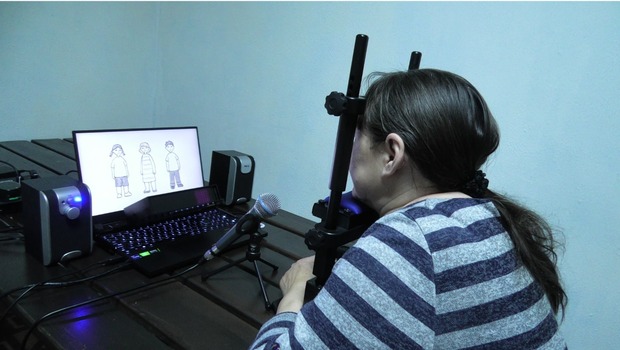Planning passive sentences in a passivizing language: Evidence from Northern Khanty
Sofya Ganieva (University of Zurich)
17.11.2025, 14:15–15:45
Geschw.-Scholl-Pl. 1 (Hauptgebäude), A 016
The talk will be in Zoom:
https://lmu-munich.zoom-x.de/j/93938720682?pwd=ZnRCV1JnL2w4SVdvMHlCTEtWL2NjZz09
Meeting ID: 939 3872 0682
Passcode: 284661
The planning of subject-initial active and passive sentences has so far only been studied in European languages with rare passive constructions, whereas highly passivizing languages received little attention in speech planning research. To fill in this gap, we conducted an eye-tracking study comparing the planning strategies for active and passive sentences in a highly passivizing Northern Khanty language. The results showed that, in contrast to European languages, Northern Khanty active and passive constructions exhibited early relational encoding with significant differences between voices, which we interpret to be indicative of early voice choice in discourse context. Irrespective of verbal voice, there was a strong preference for the agent at the beginning of linguistic encoding, which might indicate that Northern Khanty passive sentences elicited in our experiment are in fact inverse constructions. In addition to the theoretical contribution, we introduced two methodological innovations: a new discourse-based experimental paradigm with the topicality of referents being manipulated to elicit active and passive sentences; and a variable-sized time window analysis tailored to individual speech onset latencies.


